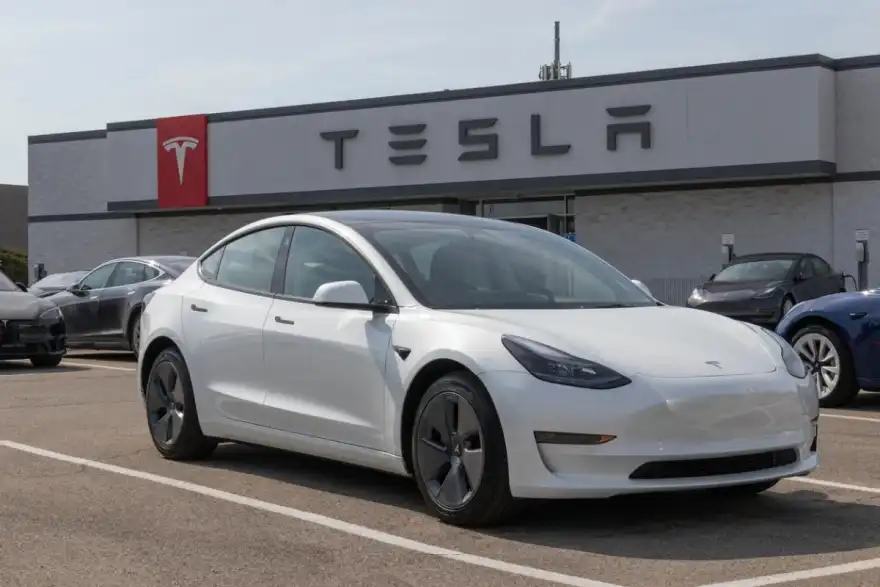
Regit explores seven common misconceptions about electric cars.
How much do you really know about electric cars?
Research from YouGov found that over half (53%) of 1,000 petrol and diesel drivers answered no more than two out of 10 questions about EVs correctly.
The Energy and Climate Intelligence Unit (ECIU), which commissioned the study, warns that misinformation is discouraging people from switching to EVs. To help clear things up, we've put together this myth-busting guide to separate fact from fiction.
Myth 1: EVs don’t have enough range
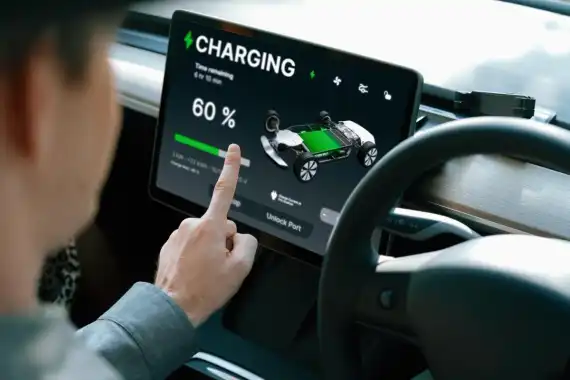
The facts On average, UK families drive 37 miles a day in their primary car and around 11 miles in a secondary car. Most EVs offer a range of 200-300 miles, making them more than capable of meeting daily driving needs.
Even on longer trips, drivers often stop for 20-30 minutes at service stations for a break – the perfect amount of time to top up an EV using an ultra-rapid charger.
Myth 2: There aren’t enough public EV chargers
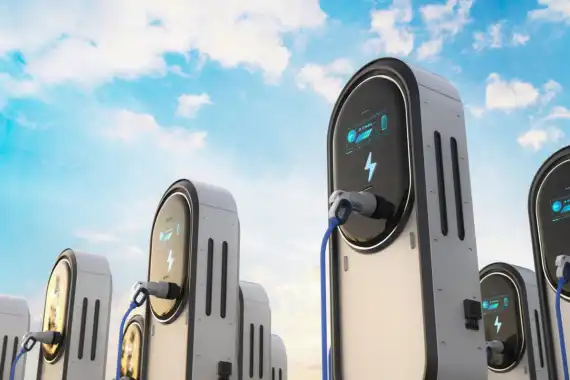
The facts As of July 2024, there were over 64,000 public charging points across the UK – a number that's constantly growing. The National Grid is working to ensure that no driver on motorways or dual carriageways is further than 30 miles from an ultra-rapid charger, with support from the government’s rapid charging fund.
Myth 3: Electric cars break down more often
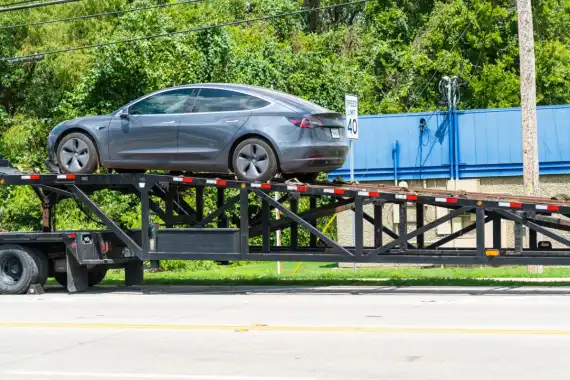
The facts EVs are 59% less likely to break down than petrol or diesel cars, according to Start Rescue data. With fewer moving parts, no need for oil changes, and regenerative braking systems, EVs require less maintenance overall.
Myth 4: Electric cars are much more expensive
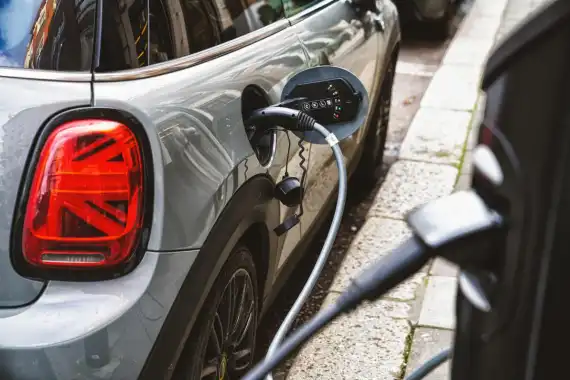
The facts EVs often cost more upfront, but they tend to have lower running costs. With road tax exemptions and cheaper refuelling, EVs could save drivers £528 a year, according to Pod Point.
Myth 5: EV batteries need replacing every five years

The facts Most new EV batteries come with warranties of around eight years or 100,000 miles – and they typically last much longer. Proper maintenance can further extend their lifespan.
Myth 6: The grid can’t cope if everyone switches to EVs

The facts The National Grid says the UK could handle a 10% rise in electricity demand if everyone switched to EVs overnight – still below the peak demand seen in 2002. Innovations like vehicle-to-grid technology could even feed power back into the grid during low supply periods.
Myth 7: EVs are slower than petrol or diesel cars
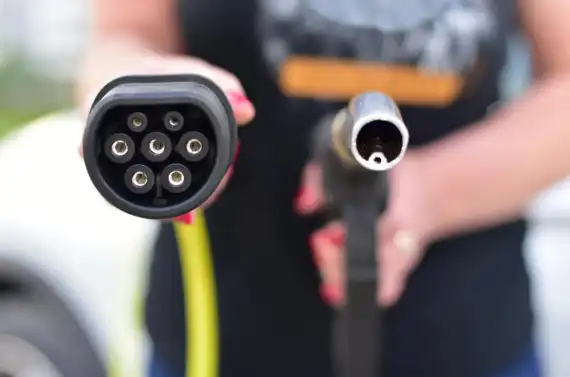
The facts Electric cars are often quicker off the line than petrol or diesel cars. The Rimac Nevera is the world’s fastest-accelerating performance car – and it's fully electric. Everyday EVs also offer impressive acceleration thanks to instant torque, though their top speeds are usually comparable to conventional cars.
Switching to an EV could be easier – and faster – than you think.




